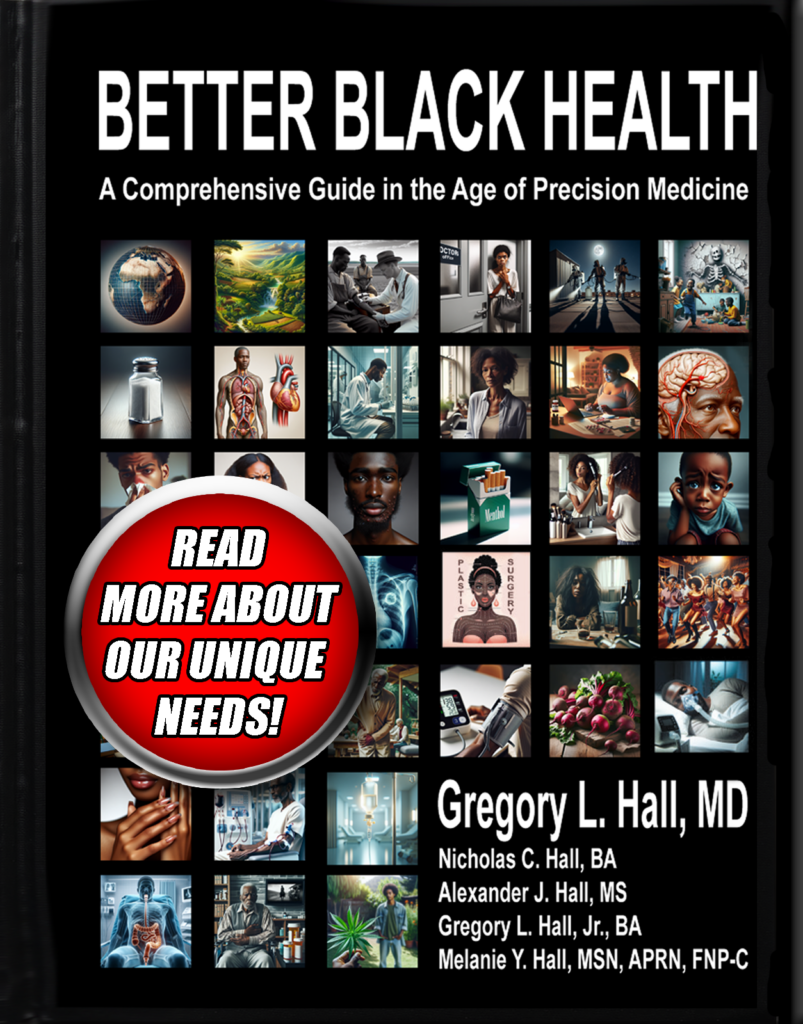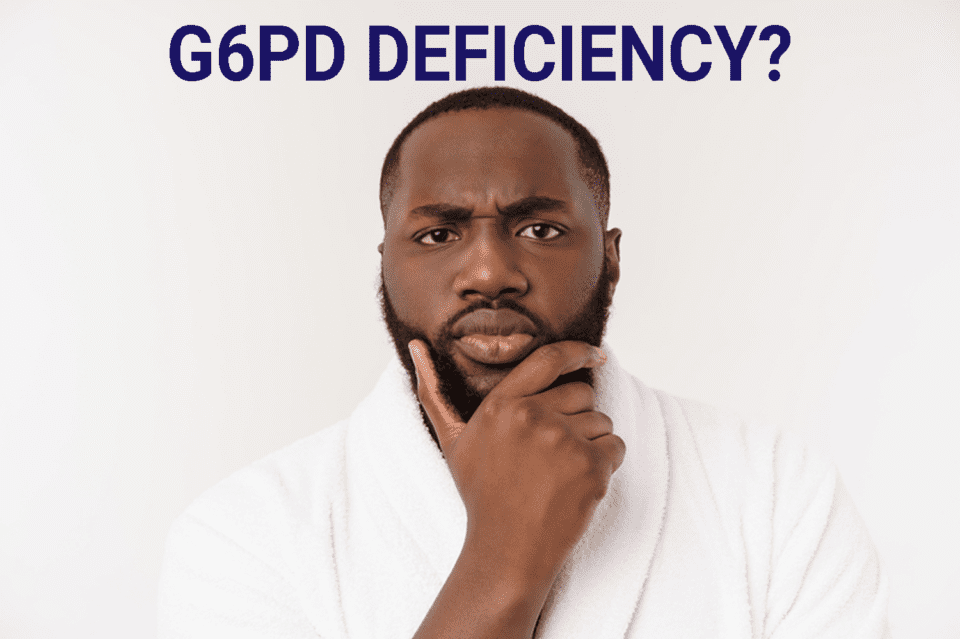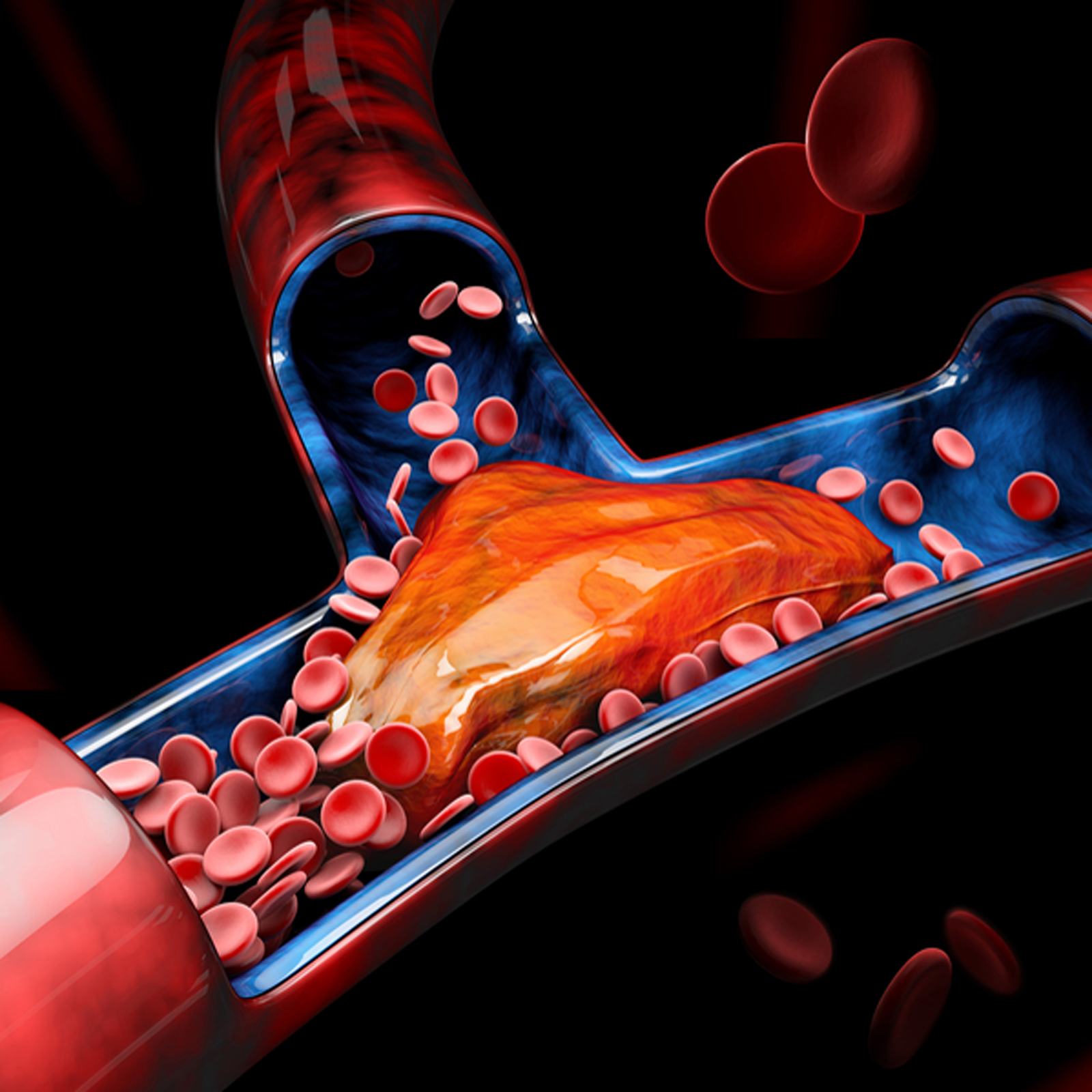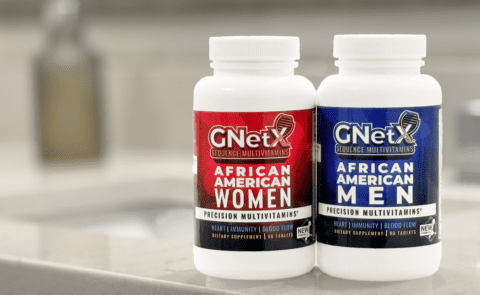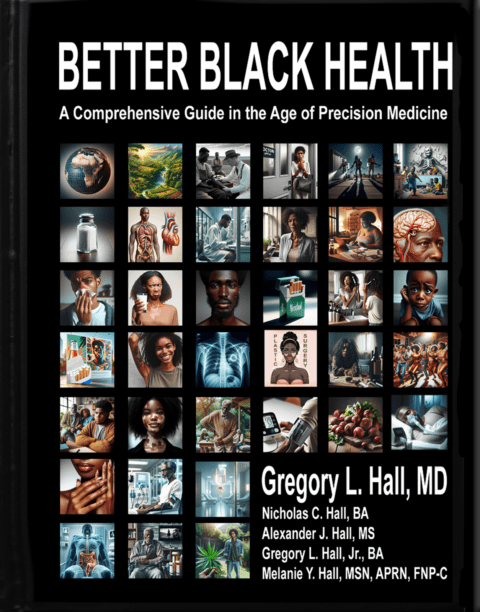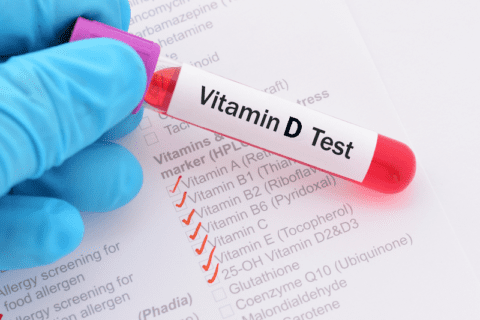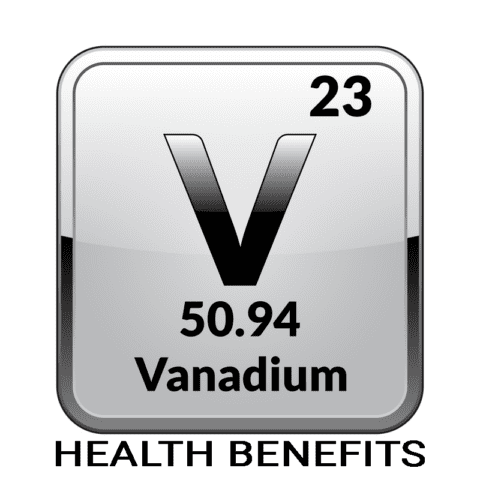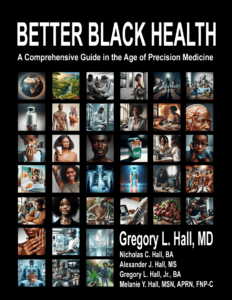What is G6PD Deficiency?
I had a patient come in recently and report to me that he had G6PD deficiency and wondered what adjustments he needed to make in his life. I was initially surprised and a little bewildered because I had not had a patient come to me with G6PD deficiency. I had learned about it in medical school but had long since forgotten. I knew there were some things he should avoid, but honestly, I needed to do a little research.
G6PD deficiency is an inherited condition, and it occurs in about 12 out of 100 African American men in the United States. This low rate explains why I hadn’t seen anyone with it. It tends to occur in people from Africa, Asia, and the Mediterranean and usually in people from countries with high malaria infection rates. Its severity varies, but in African Americans, the problem is usually mild. There are other diseases directly linked to African ancestry such as kidney disease and premature failure.
Glucose 6 Phosphate Dehydrogenase is an Enzyme
Glucose 6 phosphate dehydrogenase is what G6PD stands for. This substance, or chemical, is an enzyme that plays a crucial part as it relates glucose (sugar) and to the red blood cell. It is very important for a chemical reaction that occurs often throughout the body. For whatever reason, it tends to affect older red blood cells in African Americans, whereas it affects younger red blood cells in White Americans. Because it usually affects the older red blood cells, African Americans tend to have a milder disease. White Americans tend to have a much more severe problem with G6PD (glucose 6 phosphate dehydrogenase) deficiency.
Avoid Aspirin and FAVA Beans
In African Americans, because their G6PD deficiency is mild, it rarely is an issue. My patient told me he was told to “avoid aspirin and fava beans.” He asked me what fava beans were, and I explained it wasn’t something we ate growing up in my Black family or community very much. He said he had done well with avoiding aspirin but had no idea what a fava bean was.
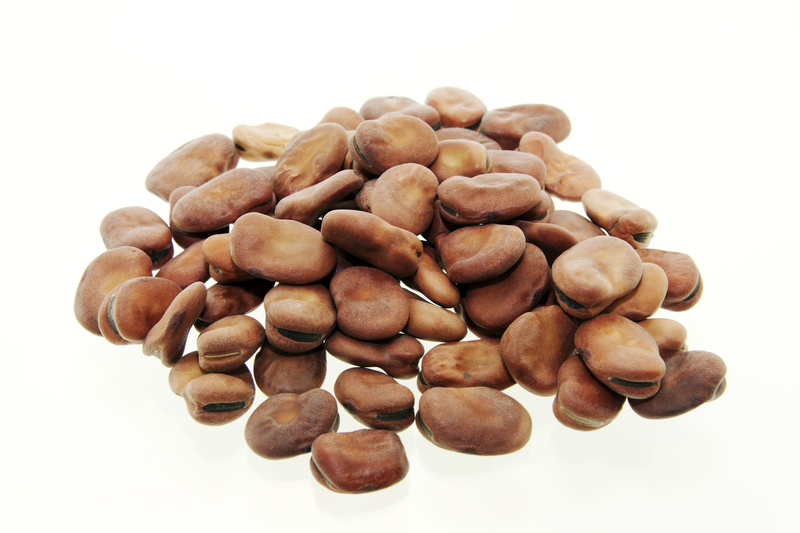
What are Fava Beans?
In America, fava beans are also known as broad beans or faba beans. They are larger than lima beans or peas and are noticeably different in flavor and texture. They are much more common in European, East Asian, Latin America, and North African dishes. This explains why no one in my family has ever seen much less eaten a fava bean. As you can see from the map below, fava beans are not grown in the United States.
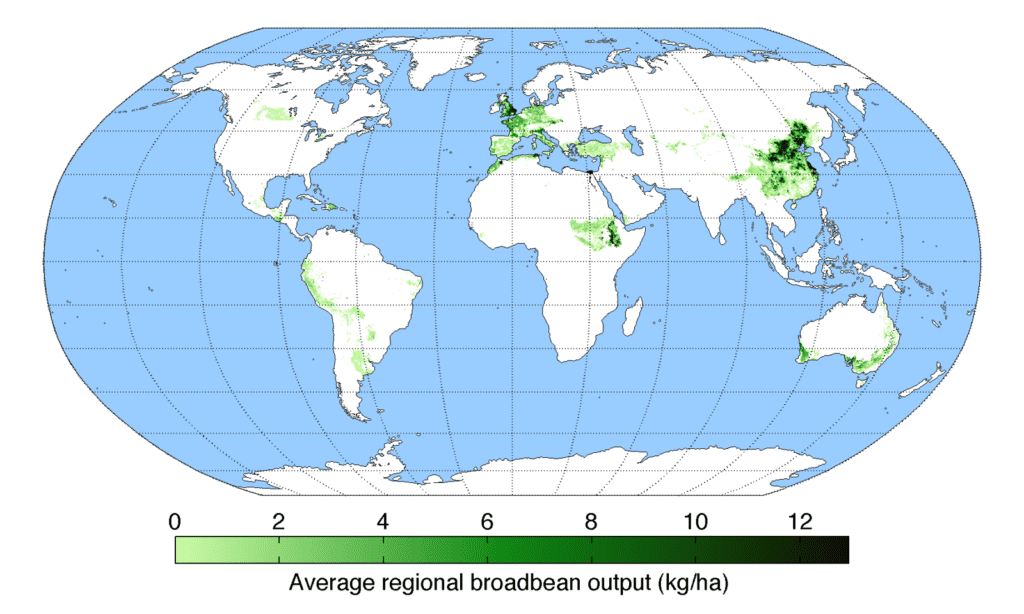
Why Does This Happen in Black People More?
If you wondered why there was a significant amount of G6PD deficiency in people of African descent, it was discovered that having the gene that produces G6PD deficiency also protects from severe malaria. Malaria is still a very significant infection in Africa, and travelers must begin complicated medication regimes before going and while there in order to avoid getting a life-threatening malaria infection. G6PD protects the person from malaria (in many cases).
Traveling to Africa? READ This!
In addition to avoiding aspirin and fava beans, people with G6PD deficiency are also told to avoid primaquine, a medication commonly given to people planning to travel to high malaria African regions. Whether you avoid the primaquine or just adjust the dose, it’s up to your physician. The important thing here is to know that there is an adjustment that needs to be made if you think you have G6PD deficiency. As I’ve already indicated, people with the most common type of G6PD deficiency are supposed to be innately protected from malaria but get the real story from a travel clinician BEFORE traveling.

Most of all, remember that G6PD deficiency is rare, and there may be a situation where the clinician and/or the patient isn’t quite remembering these critical contraindications.
Before I get too deep into the weeds, it’s important that if you think you have G6PD deficiency, you should verify that with your primary care doctor, you should have a discussion about what you should avoid (aspirin, fava beans, primaquine, etc.), and you should be aware that any type of stress/exertion may trigger a reaction. Let your doctor go over the details.
Other differences are being ignored, and all of them are covered in “Better Black Health: A Comprehensive Guide in the Age of Precision Medicine.” Get your copy today!
